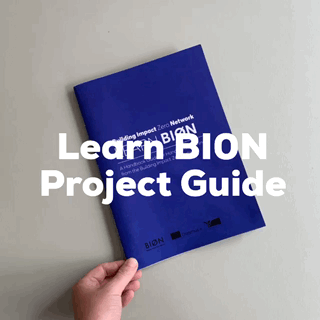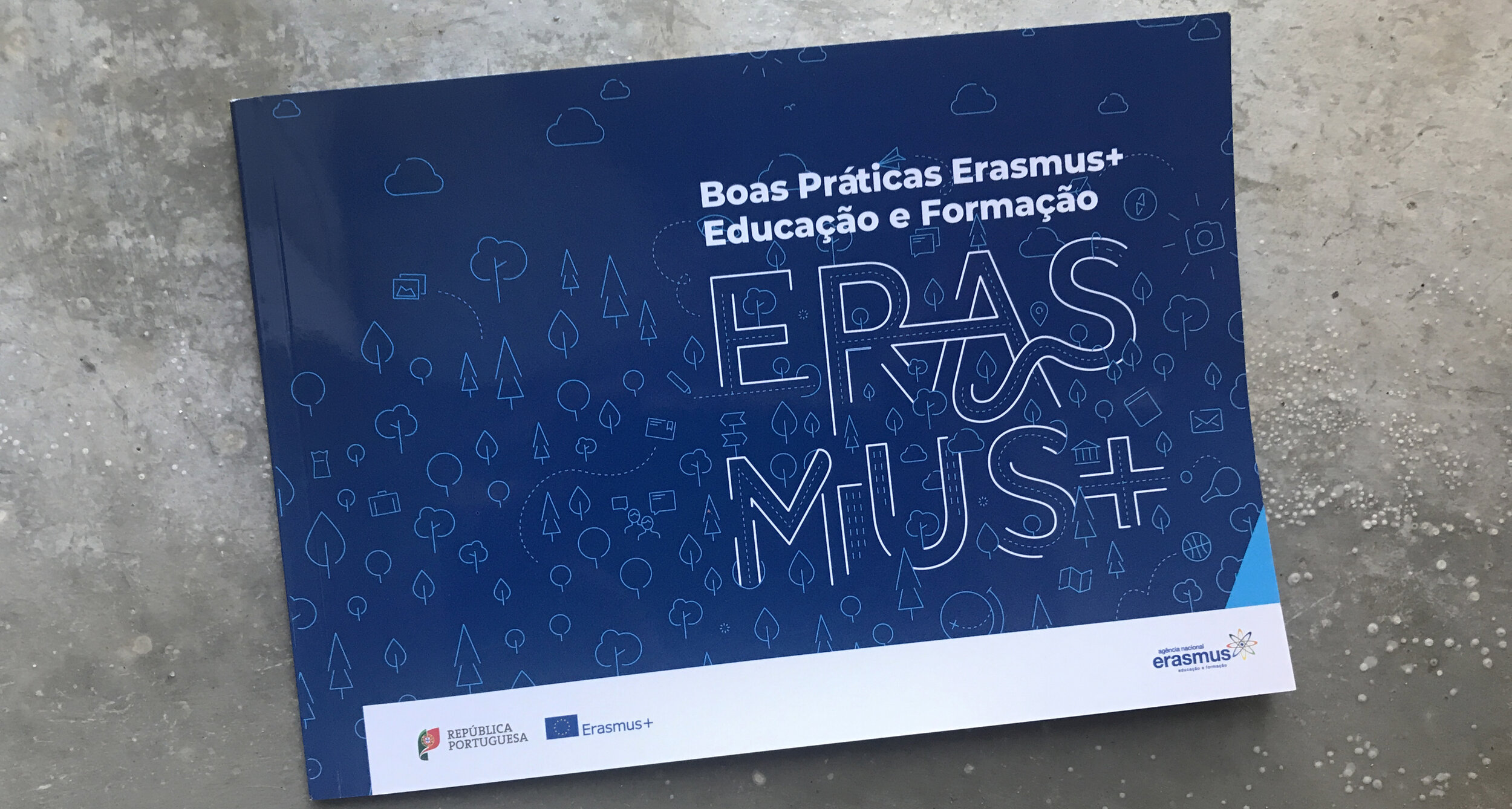People-led development, 3 years later
We are gathering the feedback from different actors that took part in building the cordwood building in Sweden in 2017. Revisiting the structure and recalling the work makes us proud of the communal effort, a true team completed it! It has been interesting to follow the development and especially how the building is a piece of a larger puzzle of locally produced food.
Building Beyond Borders - an exchange on practical training and international cooperation
Building Beyond Borders is a cross-border learning platform and a postgraduate programme founded at the University of Hasselt in Belgium. Its promoters regularly host conferences and gatherings on bioclimatic design and local building materials; issues that are crucial also for our network.
Natural materials age with dignity
It is great to see the structures after 2-4 years, how they aged and how the materials received their natural patina, the colors have shifted and the structure has its own unique character. We are currently doing a follow-up on our experimental buildings from Bi0n I, revisiting the structure and evaluating the work from the technical-, social- and learning approach.
More than 4700 downloads!!
We now have over 4700 downloads of our work! The guides are made available online to share knowledge and hopefully inspire more communities to take on bio-constructions.
Placemaking across borders
At a second level, this social dimension of the working group was reflected on the social dimension the projects brought to the local communities. Here factors such as hospitality, curiosity, helpfulness progressively contributed to overcome feelings of scepticism or even refuse. In those workshops were representatives of the beneficiary community were involved as trainees this dimension was particularly strong.
Revisiting the Cordwood structure
– It helps having a building like this, one of the farmers add, it appeals to people interested in organic produce, and those are the ones we sell to.
Erasmus+ Good Practices Award 2019
The Portuguese ERASMUS+ National Agency awarded the ERASMUS+ 2019 Good Practices Prize for Adult Education in Strategic Partnerships to Oficinas do Convento as coordinator of the LearnBIØN project.
The development of the network created a positive impact on each organization. The adult learners gained experience and skills on building impact zero materials and techniques. At the same time the project had a great positive impact on the local communities, with the implementation of small prototype infrastructures that guaranteed the highlight of low impact building materials (a summer library, an organic food shop, a gather space at a refugee hosting shelter, a community flexible space, an outdoor stage and a artists’ temporary residence).
Secondary used architecture
The history of our cities have been always characterized by phenomenon of transformation. Architecture is a system open to mutations, capable of “recycling” its own purpose, its own shape and its own meaning. “Examples like Spalato, like Teatro di Marcello in Rome and the Il Duomo di Siracusa, to mention three of the clearest examples, are reborn from recycling. It is not treated as restoration: the idea of conservation tends to embalm the image of the architectural or urban space giving value to the immutable. Instead the process of recycling, the change is the value, especially when it is able to generate successes as in the examples mentioned before.1” (M. Ricci 2011).
All guides are online!
We are celebrating our last gathering in Portugal and the last stop of our Traveling Exhibition in Stockholm. To mark this day we release the guides produced during the three years LearnBIØN project. The guides are eight and divided by topics and techniques:
Ø BIØN Exhibition in Stockholm
On the 28th of august the travelling exhibition opens in Stockholm. The doors open at 17 with presentations starting at 18.30 by AES. The project results from the 3 year collaboration will be presented and discussed through the topic of placemaking, co-creation and resources.
BIØN Exhibition at Milan Design Week
We are at Milan Design Week! The exhibition covers the BIØN activities from 2015-2018, including the preview of our guides, that will be available for download soon.
It is integrated at Terra Migaki Design 2019 in the Studio Museo Francesco Messina, from 9th until the 14th of April. The opening event will be the 10th April from 10:00 to 18:00.
Ø Exhibition in Bruxelles
We are in the center of European Union!
Our exhibition opened in Bruxelles at the building of HE2B – Defrè on the 15th February. It is open to the public until the 5th April, from 9 a.m. to 6 p.m. at 62 Avenue Defrè.
#Ø Exhibition at Barcelona
Here are some pictures of the arrival and implementation of the exhibition material! It is incredible to see this materials changing rooms place after place and getting a new identity. Don’t loose the opportunity to visit it!
#Ø LearnBIØN Exhibition is on the road
After the first exhibition in Montemor-o-Novo, it follows to Caceres at Colegio Oficial de Aparejadores e Architectos Tecnicos de Caceres from November 7th till the 23rd.
It all started with a preview at Lavadouros on the 18th August and the official exhibition at the Montemor-o-Novo Municipal Gallery, happening from September 8th until October 3rd.
Party at Montemor-o-Novo! 1st LearnBIØN cycle concluded!
Last weekend the first cycle of LearnBIØN, the training program conceived by seven European partner organisations which included six practical workshops, has been concluded.
Placemaking - Architecture for degrowth
The 6th International Degrowth Conference in Malmö, Sweden, titled “Dialogues in turbulent times” has taken place from August 21-25. It was organized by the Institute for degrowth studies. We took the opportunity to present our work and share our insights from placemaking and place-led development.
Final event in Montemor-o-Novo
Since last Monday all the BIØN partners are gathering again in Montemor-o-Novo for the final event of LearnBIØN. For one week most of the building techniques applied during the workshops held by the network during the last two years have been reproposed in a concentrated workshop with participants from all over Europe.





















